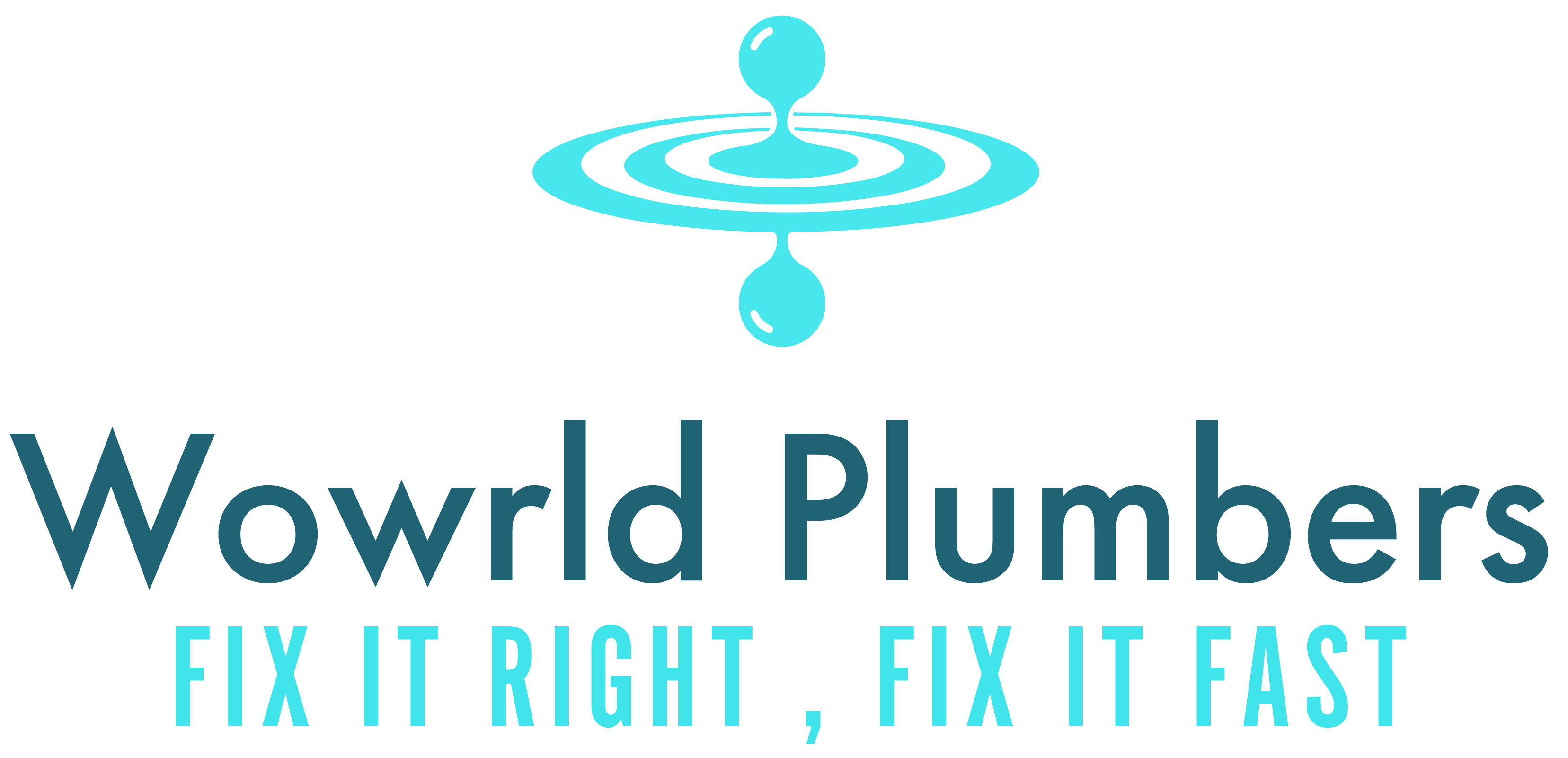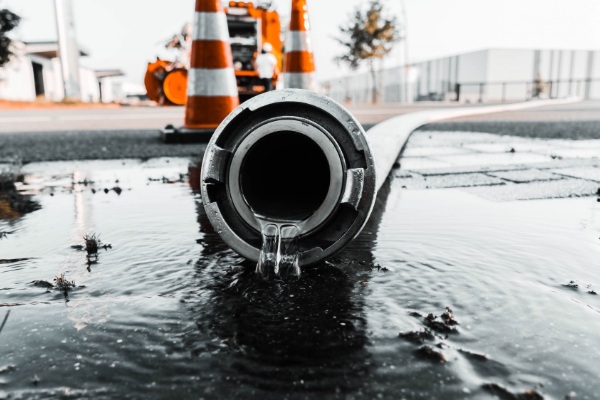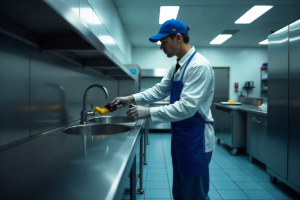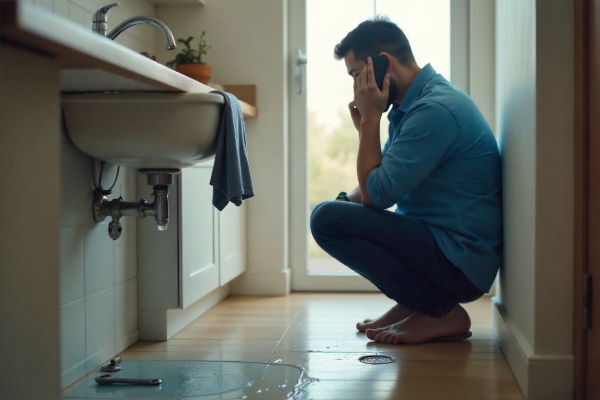A burst pipe is one of the most urgent plumbing emergencies a homeowner can face. Within minutes, gallons of water can flood your home, causing serious structural damage, mold growth, and costly repairs. Knowing how to respond immediately—and how to prevent future incidents—is critical. Here’s what you need to know.
Common Causes of Burst Pipes
Understanding why pipes burst can help you take preventive steps.
Frozen Water in Pipes
Water expands when it freezes. If pipes aren’t properly insulated, especially during winter, the internal pressure from frozen water can cause them to burst. Learn how to keep pipes from freezing.
Corrosion and Aging Pipes
Older homes often have galvanized steel or copper pipes that corrode over time. This weakens the pipe structure and increases the risk of ruptures.
High Water Pressure
If your home’s water pressure is too high (typically above 80 psi), it puts extra stress on pipes, joints, and fixtures—making bursts more likely.
Clogs and Blockages
Backed-up sinks, toilets, or drains can trap pressure within the pipe system. When water has nowhere to go, the force may cause a pipe to split or crack.
Poor Installation or Accidental Damage
Improperly installed plumbing or accidental damage from drilling or remodeling can result in vulnerable pipe sections that eventually fail.
Warning Signs of a Burst Pipe
Early detection can help you minimize damage before things spiral out of control.
Sudden Drop in Water Pressure
If your faucets or shower suddenly lose pressure, it could mean water is leaking from a burst pipe somewhere in your system.
Water Stains on Walls or Ceilings
Brownish or damp spots are signs that water is seeping through drywall, usually from a hidden burst behind the wall or ceiling.
Sounds of Running Water Behind Walls
If you hear water movement when no fixtures are running, you may have a hidden leak or burst.
Wet Carpets, Floors, or Cabinets
Unexplained dampness, warping wood, or water pooling in unusual places—especially near kitchen sinks—can signal a major pipe issue. Check out our guide on kitchen sink pipe bursts.
Unexplained Increase in Water Bill
A sudden spike in your water usage could mean there’s a leak somewhere, possibly underground or behind walls. Learn how to spot hidden leaks.
What to Do in a Burst Pipe Emergency
Turn Off the Main Water Supply
Locate and shut off your home’s main water valve immediately to stop water flow. Need help? Use our step-by-step guide to shutting off your water.
Shut Off Electricity If Water Is Near Outlets
If water is near electrical appliances or wall outlets, shut off the power to that area from your circuit breaker to avoid shock hazards.
Drain Faucets to Relieve Pressure
Open cold water taps to drain the remaining water from the pipes and relieve built-up pressure. This helps reduce further damage.
Use Towels and Buckets to Contain Water
Act fast to soak up standing water with towels, rags, or a wet/dry vacuum. Place buckets under leaking spots to prevent water from spreading.
Call an Emergency Plumber Immediately
Once the situation is under control, contact a licensed emergency plumber. Professional help is essential to fix the problem correctly and safely.
How Professionals Repair Burst Pipes
Pipe Patching for Minor Breaks
For small holes or cracks, a plumber may apply a pipe sleeve, rubber patch, or epoxy compound as a temporary or permanent fix.
Full Pipe Replacement for Major Damage
If the pipe is severely corroded or damaged, the plumber will cut out the affected section and replace it with new piping—often upgrading to more durable materials like PEX.
Pressure Testing and Leak Detection Post-Repair
After repairs, professionals perform pressure testing and leak detection to ensure your system is safe and secure.
Preventing Future Pipe Bursts
Insulate Pipes in Cold Areas
Use foam insulation on exposed pipes in basements, attics, garages, and exterior walls—especially before winter sets in.
Monitor Water Pressure Regularly
Install a pressure regulator and keep your water pressure below 80 psi to avoid unnecessary stress on your plumbing system.
Schedule Routine Plumbing Inspections
Annual plumbing maintenance inspections help catch signs of wear, corrosion, or pressure issues early—before they lead to burst pipes.




